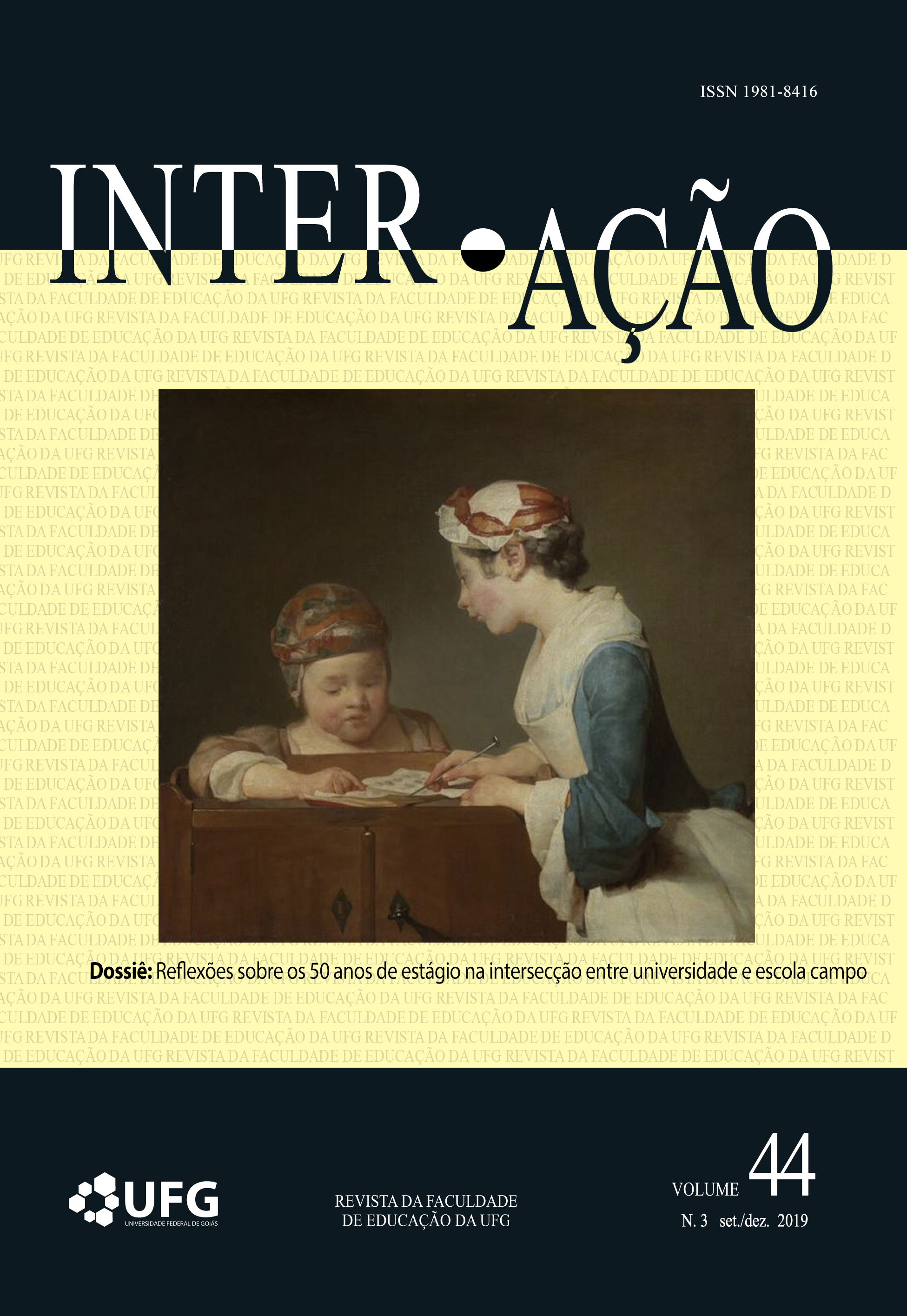ESTÁGIO SUPERVISIONADO E OS DESAFIOS DA RELAÇÃO ENTRE TEORIA E PRÁTICA
DOI:
https://doi.org/10.5216/ia.v44i3.56951Abstract
The formative conceptions that theoretically subsidize the compulsory curricular supervised internship of physical education degrees have become a controversial field of debate, especially whylie refering to the discussion of the relationship between theory and practice. Based on the Critical Theory of the Frankfurt School, this article analyzes how the relation between theory and practice is discussed in the scientific productions of the stricto sensu postgraduate witch thematize stage. Immanent criticism and the principles of Theodor Adorno's negative dialectic supported the analysis of the data and made possible the understanding of contradictions existing in the proposals witch concile theory and practice and promise to solve the problems of teacher formation and of the partnership established between university and basic school, under the casing of criticality.
Downloads
Published
Versions
- 2026-01-19 (2)
- 2020-01-01 (1)
How to Cite
Issue
Section
License
Copyright (c) 2020 Lílian Brandão Bandeira, Sílvia Rosa da Silva Zanolla, Sandra Valéria Limonta Rosa

This work is licensed under a Creative Commons Attribution-NonCommercial 4.0 International License.
Inter-Ação uses the Creative Commons Attribution 4.0 License for Open Access Journals (Open Archives Initiative - OAI) as the basis for the transfer of rights. Open access means making documents available on the Internet free of charge, so that users can read, download, copy, distribute, print, search, or link to the full text of documents, process them for indexing, use them as input data for software programs, or use them for any other lawful purpose, without financial, legal, or technical barriers.
Authors publishing in this journal agree to the following conditions:
1) Authors retain copyright and grant the journal the right of first publication, with the work simultaneously licensed under the Creative Commons Attribution License, which permits redistribution of the work with attribution and first publication in this journal.
2) Authors are permitted to enter into additional, separate agreements for non-exclusive distribution of the version of the work published in this journal (e.g., for publication in an institutional repository or as a book chapter), with attribution and first publication in this journal.
3) Authors are permitted and encouraged to publish and distribute their work online (e.g. in institutional repositories or on their home page) at any time before or during the editorial process, as this may generate productive changes as well as increase the impact and citation of the published work.















